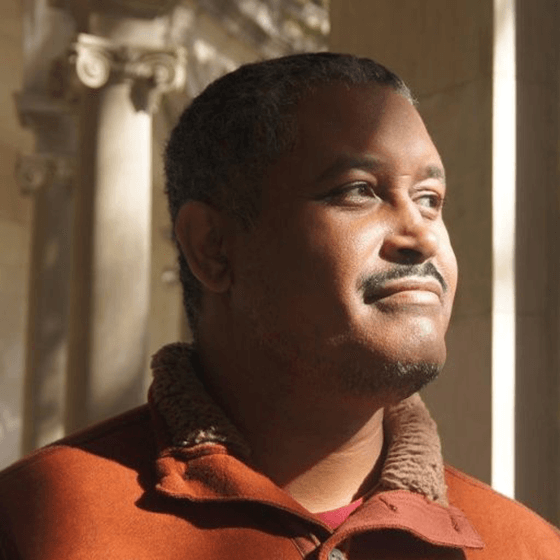WEST LONG BRANCH, N.J. (Feb. 2, 2017) — Monmouth University has appointed Walter D. Greason, Ph.D. as the dean of the Honors School. Greason had been a lecturer in the department of history and anthropology.
The Honors School at Monmouth offers a variety of disciplinary and interdisciplinary offerings, often taught in courses linked by a common theme, which are referred to as clusters. While most honors courses are completed in a student’s first and second year, there are additional honors opportunities available to juniors and seniors.
Looking forward, Greason, the first African-American Honors School dean, said his first priority is to focus on the honors student experience. About 300 undergraduates currently enroll in the Honors School and Greason hopes that more students will want to apply, enroll and complete the honors program.
“I want students at other institutions to be jealous of what is happening at Monmouth University,” he said.
He has envisioned a set of immersive experiences for honors students, similar to what he said is the hallmark of his own teaching. He would like each class meeting to be a memorable experience; one that could have the ability to be a life-changing one.
Using this experiential approach, he continued, professors and students can “give each other unique experiences and then recreate those experiences for others outside of the university. In other words, ‘live and breathe life that has an impact.’”
A Freehold, N.J. native who grew up in what he described as a “very rural” area in nearby Manalapan, Greason said he was introduced to higher education at Monmouth as a child. He said the institution remains his “ideal of what a university [should be].”
A scholar who has contributed significantly to scholarship impacting urban planning, suburbanization and the African-American experience, Greason has used economic history as the foundation of much of his research. His groundbreaking work, Suburban Erasure: How the Suburbs Ended the Civil Rights Movement in New Jersey, was the recipient of the 2014 Best Work of Non-Fiction award from the New Jersey Studies Academic Alliance. Most recently, his work, The American Economy, which was co-written with fellow Monmouth University faculty members Melissa Ziobro and William Gorman, tracks the evolution of public and private market strategies for more than 200 years.
Greason and Associate Professor of History and Anthropology Karen Schmelzkopf are two of the organizers of the upcoming “Eminent Domain and the City: Government Action, Private Rights, and Public Purpose” conference to be held Feb. 9-10 at Monmouth. Scholars from across the country are also scheduled to attend.

